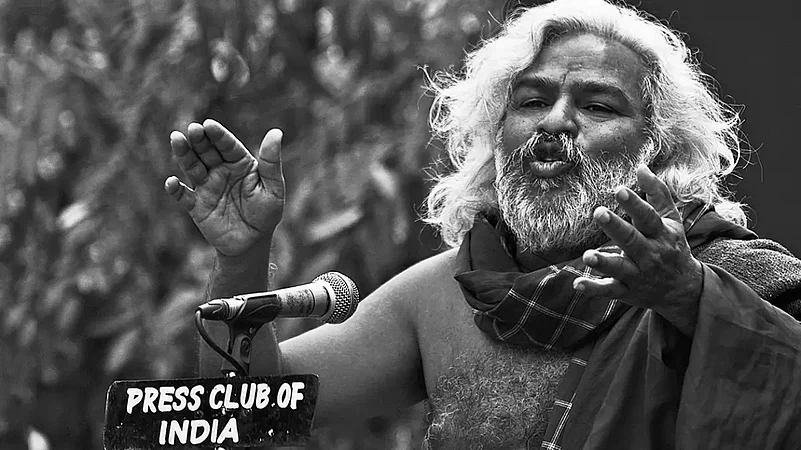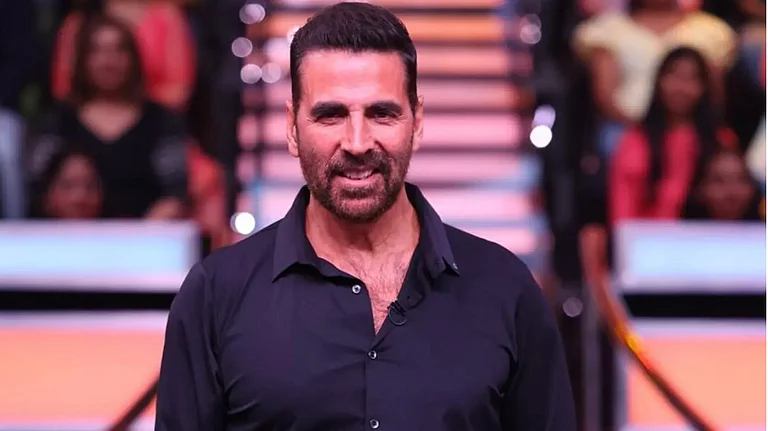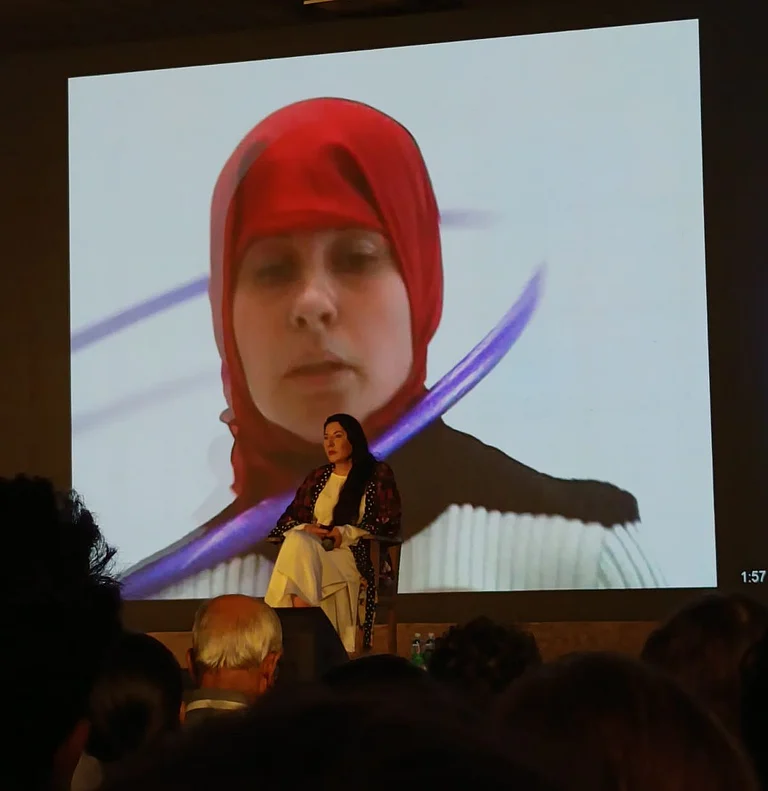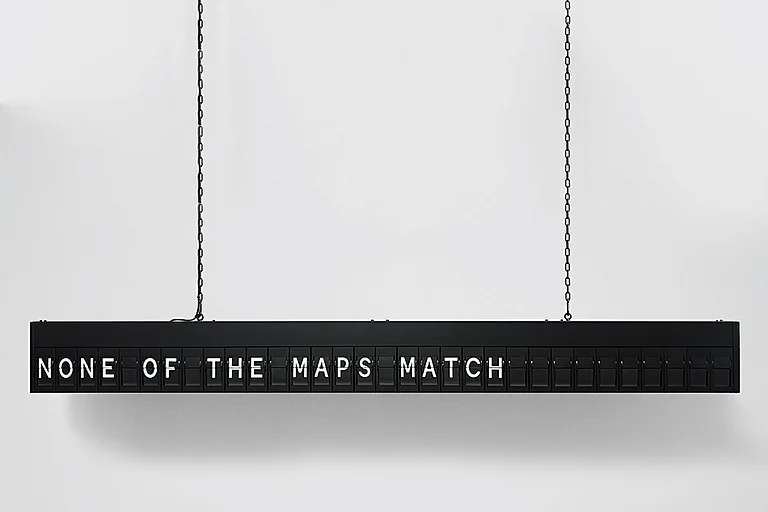Gaddar’s life experiences and struggles were woven into songs. Ask him about his life and he would narrate those experiences in songs. Ask him about his family, he would break into songs. His village would become the metaphor of the songs and transcends those local boundaries to tell the stories of caste-ridden Indian villages.
Ask him about his mother, and he would sing about his mother Lacchuamma. While singing, he would turn his mother into a social mother while maintaining her social and cultural locales. Keshava Kumar has rightly pointed out how Gaddar translated terms like ‘working class’, ‘new democracy’, ‘revolution’, ‘classless’, and ‘capitalist society’ into concrete life experiences of people.
From capitalist exploitation, caste system, and labour exploitation to police atrocities and garbage bins, he had songs for everything. His life could not be severed from his songs and personal struggles and experiences. His embodied songs could bring his vivid memory and varied experiences. No doubt, Gaddar was a product of time and history. But he was also the person who always transgressed those boundaries with his deep emotions and embracing approaches. He would use his red and blue handkerchief as props. He would become a mother and play with her children. Like a mother, he would sing:
Our eyelids fly open with the slightest noise at the door
Maybe the one who is gone has
returned and called
I have your meal ready, and hidden,
your father and brother don’t know,
The back door is shut, but not bolted
Will you come with the stealthy steps of a cat, children?
Will you play hide and seek and go away, our little ones?
(Translated by Parsa Venkateshwar Rao Jr and Antara Dev Sen)
Beyond identities and struggles, Gaddar’s art and politics lie in the sensibilities and the shared belonging that connect us all. He wrote a beautiful song on the price of love and labour of a wife in Indian society. He would become a domestic wife and would ask,
O My beloved
you keep blaming me
for sitting and eating all the time
O beloved I have a small question
answer me
I wash the containers
I sweep the floor
I become a towel in the washroom
I become idli on your dining table
I remain silent all the times
what is the price you will pay for
becoming tasty idli, remaining silent for all the time
I give you a towel after your bath
I give you a comb when you stand in front of the mirror
I give your shoes
I give you the file in your hands
I put a pen in your pocket
I give you a kiss
I say you bye-bye from the gate
what is the price that you’ll pay for
this hi, bye, my smile
I offer you my beloved
(Translated by Brahma Prakash with Gaddar’s help)
His songs cannot be translated without bodies and actions. Like Toni Morrison’s words, like Tuka’s verse, his songs are the songs of the human cry. You cannot separate his songs from his body. While the portrayal of Gaddar is fine as a Naxalite or a Dalit activist, we need to be open to his other identities. In the future, one may study his songs as giving voice and dignity to objects. He may equally find his identity with rivers and forests. One cannot deny the different identities and belongings of Gaddar, but that is not the end. He was infinite. Gaddar joined the legacy of Kabir, Tuka and Billie Holiday. “Do you think if you will not write about me, I will be finished? I ask you to go away and not write. My people will remember me. Could you stop people from remembering Kabir and Tuka? Can you erase their histories? It will never happen,” an angry balladeer told me one day.

























